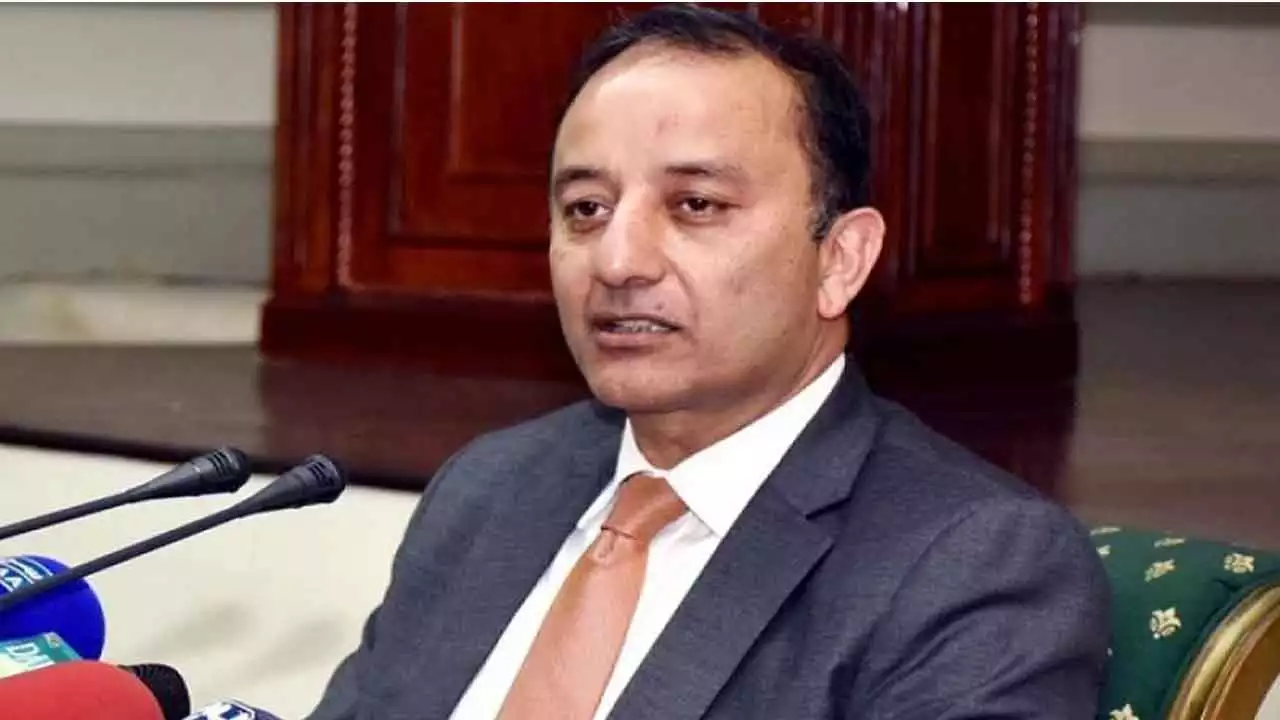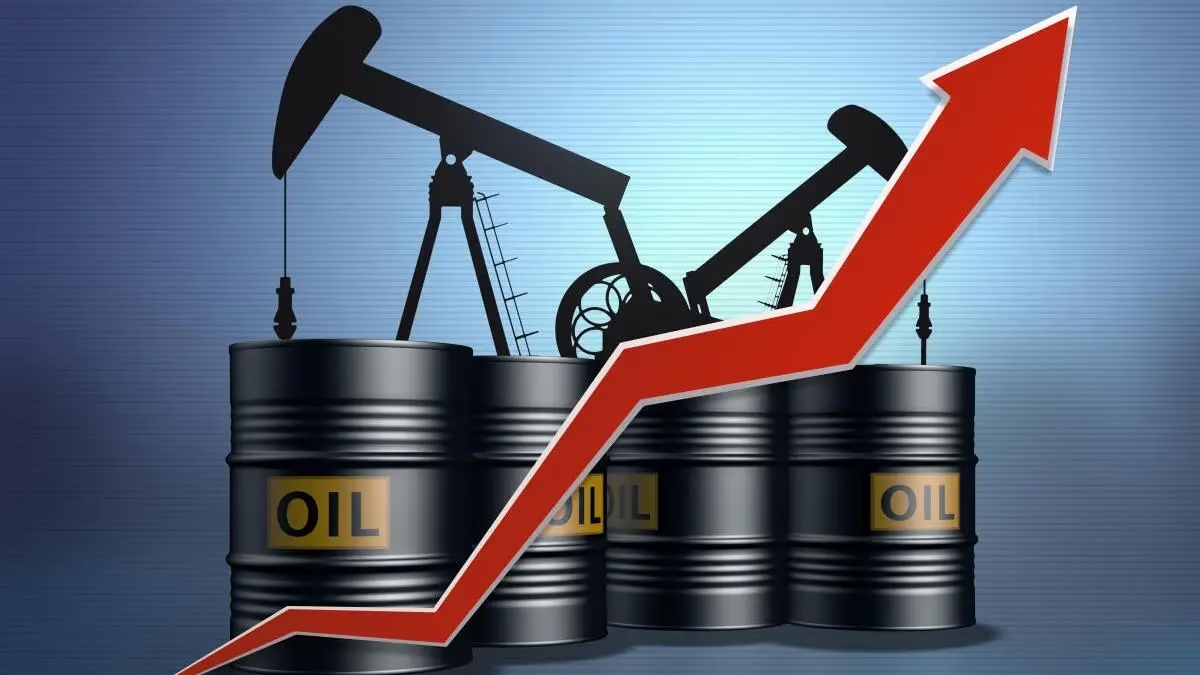In a recent discussion about the new policy initiatives from the Ministry of Petroleum, Mossadegh Malik highlighted the pressing challenges and potential solutions in Pakistan’s energy sector. Malik shed light on the significant cost disparity between locally sourced gas and imported Liquefied Natural Gas (LNG), emphasizing the urgent need for policy revisions to address these issues.
Mossadegh Malik pointed out that while LNG prices are notoriously high on the global market, the cost of domestic gas is also rising steeply. “Our own gas is becoming more expensive, costing us $10 per unit from local discoveries, while imported LNG ranges from $8 to $9 per unit,” he explained. This pricing structure underscores a critical economic challenge, necessitating a thorough evaluation of the factors driving these costs and the development of strategies to mitigate them.
One of the key areas Malik identified as needing immediate attention is the inefficiency and financial strain caused by revolving credit. He acknowledged that revolving credit is a significant factor contributing to financial losses within the energy sector. The government, he assured, is keenly aware of these issues and is actively revising existing policies to formulate a new, more effective framework. “The government is revising the policies and working on a new policy,” Malik stated, highlighting the administration’s proactive stance in tackling these economic hurdles.
Malik also spoke about the global LNG market, noting its projected growth in the coming years. He highlighted Qatar’s strategic move to increase its LNG supply by 33%, a significant development in the global energy landscape. “The LNG market is also increasing in the coming time, with Qatar boosting its supply by 33%,” he said. This expansion in supply could have important implications for Pakistan, potentially influencing the country’s import strategies and pricing negotiations.
The conversation around these policy revisions and market dynamics is particularly timely, given the evolving global energy market and Pakistan’s growing energy needs. The Minister of Petroleum emphasized that the government is not only looking at immediate solutions but is also focused on long-term strategies to ensure sustainable energy supply and financial stability. This involves not only revising policies but also addressing structural issues within the energy sector.
One of the major components of the new policy will likely involve enhancing the efficiency of gas extraction and distribution processes. By improving these processes, the government aims to reduce the overall cost of domestic gas production, making it more competitive with imported LNG. Additionally, there is a focus on modernizing the infrastructure to handle LNG imports more effectively, which could also help in negotiating better prices and terms with international suppliers.
The government’s efforts to address the revolving credit issue are also crucial. This form of credit, which involves continuously borrowing to repay existing debt, has created a financial quagmire that exacerbates the sector’s economic challenges. By implementing stricter financial controls and seeking alternative financing options, the government hopes to reduce the reliance on revolving credit and improve the sector’s financial health.
Moreover, the potential increase in LNG supply from Qatar and other global suppliers could provide a window of opportunity for Pakistan. By diversifying its LNG import sources and negotiating more favorable contracts, Pakistan could better manage its energy costs. This strategic approach is essential for ensuring a stable and affordable energy supply for the country’s growing population and industrial needs.
Mossadegh Malik’s insights reflect a comprehensive approach to tackling the complex challenges in Pakistan’s energy sector. By focusing on policy revisions, addressing the inefficiencies caused by revolving credit, and keeping a close watch on global market trends, the government aims to create a more sustainable and economically viable energy framework. The anticipated increase in global LNG supply, particularly from Qatar, presents both a challenge and an opportunity for Pakistan. With strategic planning and effective policy implementation, the country can navigate these challenges and secure a more stable energy future.



